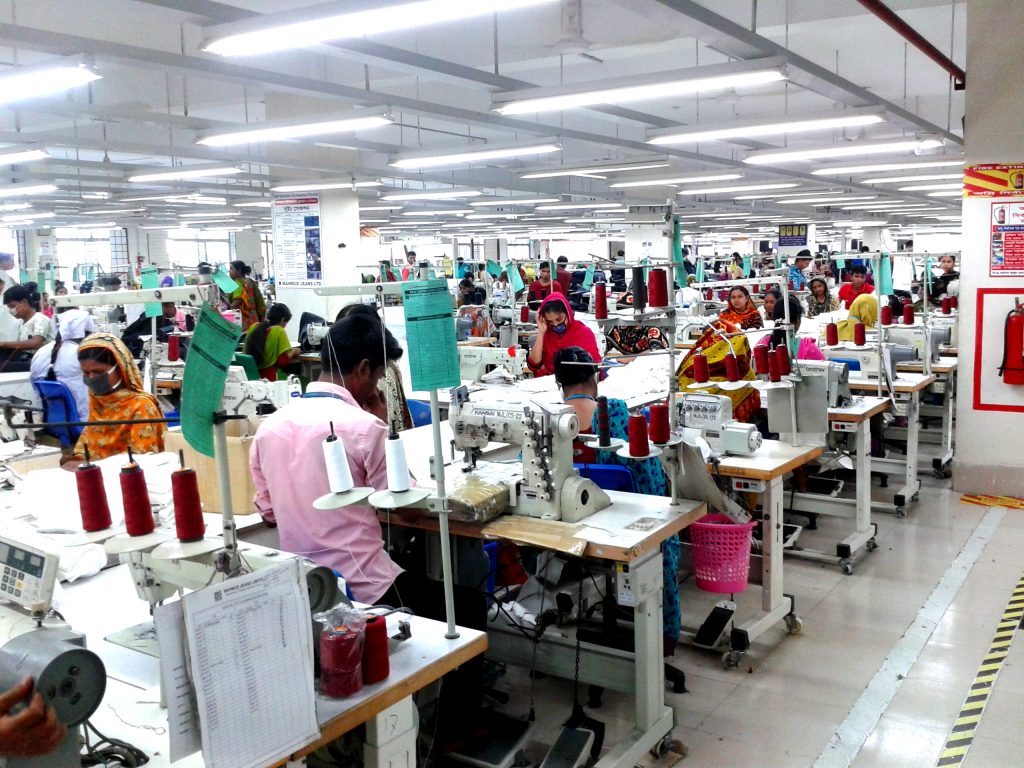Issue 44: What Have We Learned From Rana Plaza?
In 2013, the Rana Plaza, a building that housed several garment workshops in Bangladesh, collapsed and caused the death of more than 1,120 people. The event was an eye opener for many into the dark realities of the fast fashion industry. Yet, according to BusinessWire, ‘the global fast fashion market is expected to grow from $25.09 billion in 2020 to $30.58 billion in 2021”. So, what have we learned from the Rana Plaza disaster, what progress has the global industry made, and where is further progress needed to ensure workplace human rights are respected and protected?
The fast fashion sector is booming but at the same time, increasing attention is being brought to the impressive range of negative environmental and social impacts attributed to the industry. A 2018 UNECE study found that fast fashion production is accountable for 10% of the world’s carbon emissions and over 85% of all textiles are thrown out every year. This is on top of the ongoing and often systemic human rights violations that reports highlight textile workers experience. In the worst settings, garment workers are known to work extremely long hours, in terrible conditions with no consideration for their health and safety and for compensations that are below the minimum living wages. In certain regions of the world, manufacturers have been found to practice forced labor, such as has been reported in the Xinjiang region of China with the Uyghurs population[1].
 The textile industry as a whole, is a major source of employment in developing countries, especially for women in extreme poverty. This is in part due to the increased outsourcing by multinationals and the extension of the supply chain in order to obtain the lowest possible production prices and much higher volumes. Although legislative frameworks for environmental and human rights due diligence are on the rise in certain parts of the world, there is still a lack of sufficiently strong and enforceable regulation in developing countries, and trust is placed on the voluntary efforts of globally recognized brands to care and audit their suppliers. But the persistence of human rights violations in the workshops of fast fashion suppliers demonstrates continued weaknesses in the oversight system of multinationals in their supply chain and of their corporate social responsibility and human rights policies.
The textile industry as a whole, is a major source of employment in developing countries, especially for women in extreme poverty. This is in part due to the increased outsourcing by multinationals and the extension of the supply chain in order to obtain the lowest possible production prices and much higher volumes. Although legislative frameworks for environmental and human rights due diligence are on the rise in certain parts of the world, there is still a lack of sufficiently strong and enforceable regulation in developing countries, and trust is placed on the voluntary efforts of globally recognized brands to care and audit their suppliers. But the persistence of human rights violations in the workshops of fast fashion suppliers demonstrates continued weaknesses in the oversight system of multinationals in their supply chain and of their corporate social responsibility and human rights policies.
These challenges are highlighted for the textile industry because of the impact that consumers have had and continue to have on brands. We have already witnessed brands shifting away from the “bigger is better” mentality of prioritizing profit at all costs, to a more sustainable model that take people and the planet into consideration[2]. And as with other, less customer-facing industries, investors and government agencies worldwide have been driving the change and calling for accountability from their favorite brands. For instance, the French justice system recently opened an investigation for “concealment of crimes against humanity” against a number of internationally recognized brands for their ties with suppliers that allegedly use Uyghur slaves in their production lines.
Additionally, because the textile industry is an important part of the world’s economy[3], textile companies have the ability to significantly participate in the improvement of the livelihood of populations in the developing countries where their suppliers are located. This can be done through more consistent and robust social/human rights due diligence, including field visits and worker interviews to actually validate findings often derived just by data searches and remote interviews. Certification programs such as SA8000 can also help bridge the gap between companies and their suppliers, as they provide a rigorous and reliable system of audits over a continued period of time.
Acorn International is committed to continuous improvement as a leading provider of human rights assessment and remedy support for global businesses. We recognize the persistently critical need to improve the conditions of the most vulnerable workers, all the way down the supply chain, and are committed to continuing to apply lessons learned to promote real progress toward assuring human rights in workplaces worldwide.
[1] See https://www.aspi.org.au/report/uyghurs-sale and/or https://www.theguardian.com/global-development/2020/jul/23/virtually-entire-fashion-industry-complicit-in-uighur-forced-labour-say-rights-groups-china [2] See https://www.forbes.com/sites/forbesagencycouncil/2021/07/07/shifting-from-the-unconscious-fashion-cycle/?sh=2a63ef67318d [3] A 2020 report valued global production from the textile industry at $US 920 billion and with projected annual growth of over 4%. See https://www.mordorintelligence.com/industry-reports/global-textile-industry---growth-trends-and-forecast-2019---2024n
News & Notes

Acorn International
1702 Taylor St, Suite 200B
Houston, TX 77007, USA
1213 Purchase St
New Bedford, MA 02740, USA
